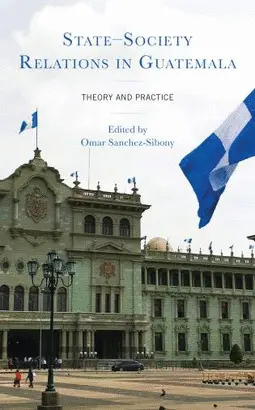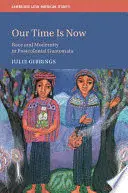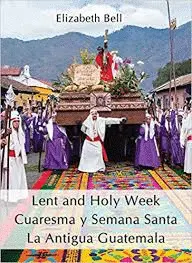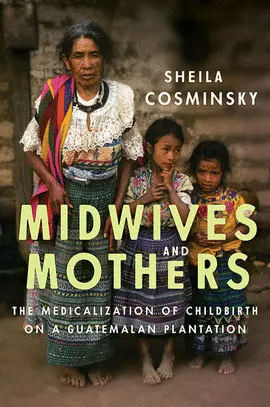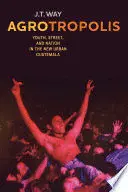Agrotropolis
Youth, Street, And Nation In The New Urban Guatemala
Way, J.t.
u003cpu003eIn u003ciu003eAgrotropolis,u003c/iu003e historian J. T. Way traces the developments of Guatemalan urbanization and youth culture since 1983. In case studies that bring together political economy, popular music, and everyday life, Way explores the rise of urban space in towns seen as quintessentially "rural" and showcases grassroots cultural assertiveness. In a post-r...
Sinopsis
u003cpu003eIn u003ciu003eAgrotropolis,u003c/iu003e historian J. T. Way traces the developments of Guatemalan urbanization and youth culture since 1983. In case studies that bring together political economy, popular music, and everyday life, Way explores the rise of urban space in towns seen as quintessentially "rural" and showcases grassroots cultural assertiveness. In a post-revolutionary era, young people coming of age on the globally inflected city street used popular culture as one means of creating a new national imaginary that rejects Guatemala's racially coded system of castes. Drawing on local sources, deep ethnographies, and the digital archive, u003ciu003eAgrotropolisu003c/iu003e places working-class Maya and mestizo hometowns and creativity at the center of planetary urban history.u003c/pu003e
Comentarios
Sé el primero en comentar este libroArtículos relacionados

